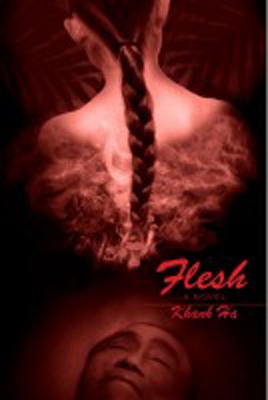Reviewed by elysium on
The book starts with a boy watching his father’s execution with his mother and brother. After the brother dies of smallpox, Tai goes to work trying to collect the money for their graves. His journey takes him through the forest of Vietnam to the opium dens of China.
I’ve barely read anything about Vietnam so I didn’t know what to expect. Tai didn’t have an easy life and wasn’t above using violence to survive when there was reason for it. It was a brutal world but he manages to find happiness in midst of it all. It’s a dark book that starts with a beheading that is quite detailed. As a contrast to all the violence there was love story too and I was glad Tai found some love and happiness in his life.
I loved the writing but it’s also very detailed and Tai explained what he saw and experienced and it slowed the book down a bit and I did some minor skipping with the longer descriptions.
Reading updates
- Started reading
- 2 April, 2013: Finished reading
- 2 April, 2013: Reviewed
